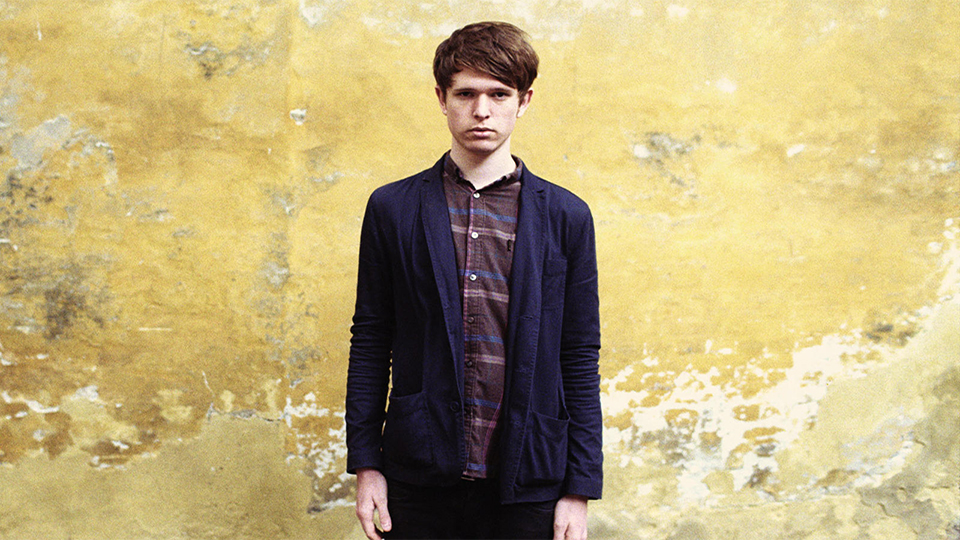By Andrea Caccese
It's always quite the challenge to properly define the aesthetics canon that make every genre unique: Why is minimal…minimal?
Sparse sound:
By definition "Minimal" music does not feature overly elaborate arrangement: it's all about keeping things simple and direct, as producers and composer embrace a "less is more" philosophy.
Darker overtones:
The sparse and "economic" sound of the genre often leads to more somber tones with slower tempo and ambient-like texture that feel a bit more dark and melancholic compared to other electronic genres such as House.
Quest for the vintage tone:
Minimal producer care very much about the "textural" quality of the sound. That word means that a sound has a very special quality to it, almost tangible, as if the song had a human-like emotion to it. In order to achieve this, producers often look back on vintage gears for its "imperfection", which ironically, makes older equipment more unique and desirable.
Underground:
Minimal is often a favorite genre within the underground music scene, as the music is often less commercial and catchy than other electronic sub genres such as house or trance.
Feeling inspired? Try creating your minimal mix with an electronic music production class here at The Foxgrove.
-
This gem is brought to you by The Hunt, The Foxgrove's blog that looks into the electronic music and DJ world in the lenses of fashion, lifestyle, art and culture. If you'd like to contribute, find us at info@thefoxgrove.com.

